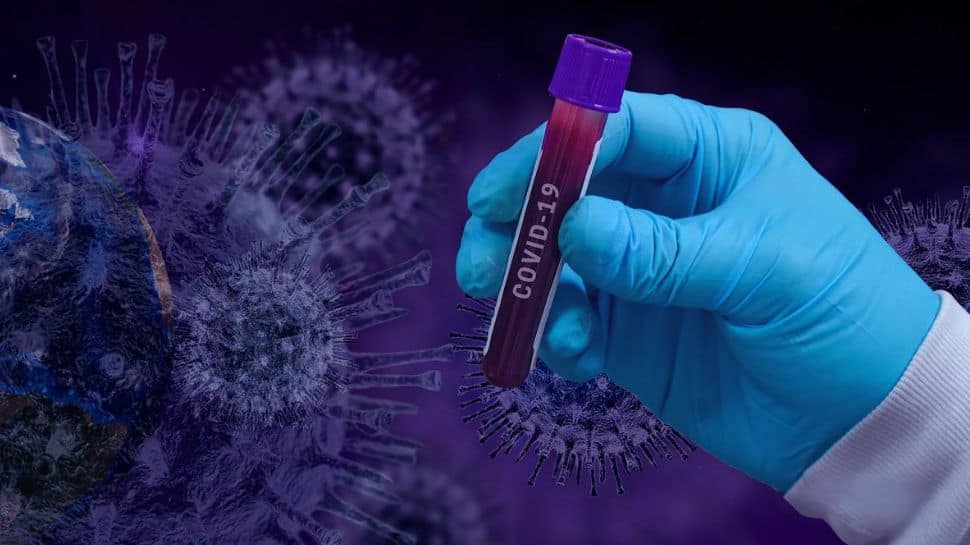The new KP.2 Covid-19 variant appears to be more transmissible, but is not virulent, said doctors on Monday, amid reports of 91 cases being detected in Maharashtra. KP.1.1, and KP.2 strains are part of the new variant dubbed FLiRT, based on the technical names for their mutations, one of which includes the letters “F” and “L”, and another of which includes the letters “R” and “T”.
Genome sequencing of March and April revealed 91 cases of KP.2 in Maharashtra — Pune (51), Thane (20), Amravati (7), Aurangabad (7), Solapur (2), Ahmednagar (1), Nashik (1), Latur (1), and Sangli (1). “There is no reason to believe that the FLiRT group of variants being reported are more virulent than the existing variants,” Dr Lancelot Pinto, Consultant Pulmonologist and Epidemiologist, P. D. Hinduja Hospital and MRC, Mahim, told IANS. “KP.2 appears to be more transmissible,” he added.
The doctor advised people who are immunocompromised to take precautions such as masking, avoiding crowded closed spaces, and keeping comorbidities under control. FLiRT variants belong to the Omicron lineage, which was highly transmissible and showed great immune escape. First identified globally in January, KP.2 is a descendant of Omicron’s JN.1.
Data from the US Centers for Disease Control and Prevention shows that KP.2 accounted for about 25 per cent of new sequenced cases in the country in the last weeks of April. The symptoms of the new variant typically include a sore throat, runny nose, congestion, tiredness, fever (with or without chills), headache, muscle pain, and sometimes loss of taste or smell.
KP.2 has replaced the previously circulating JN.1 variant and is now driving cases in several countries, including the US, UK, and Canada. “While KP.2 may be the most predominant variant, it is not causing a massive increase in infections,” as seen in the data from other countries, Dr Tushar Tayal, Lead Consultant, Department of Internal Medicine, C.K. Birla Hospital, Gurugram, told IANS.

